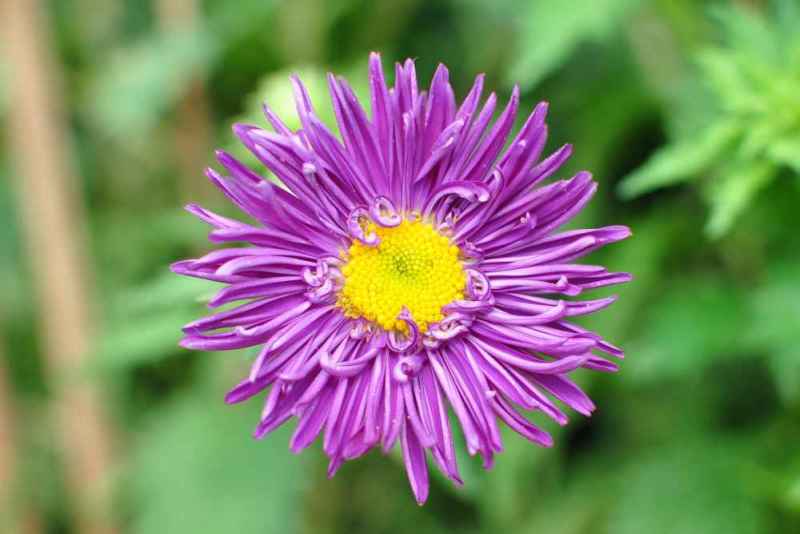
The results from a three-year crop protection project have identified several chemical products and biopesticides for the control of pests and diseases to help support growers of ornamental crops.
Two products tested within the trials, which finished in spring 2017, are already available for growers to use.
Met52 OD (Metarhizium anisopliae) has been approved on-label for use in protected ornamentals and an Extension of Authorisation for Minor Use (EAMU) has been obtained for Reflect (isopyrazam) for the control of powdery mildew in ornamental plant production.
Further applications for additional effective products identified within the project are currently being made to the Chemicals Regulation Directorate (CRD) to obtain approvals for growers.
The project, named 'MOPS', was a programme designed to generate information about which chemical and biological plant protection products were the most effective against pests and pathogens of ornamentals for use in integrated crop protection strategies.
'Real difference'
Bolette Palle Neve, crop protection scientist at AHDB said: “Many of the products tested in project MOPS performed really well in trials and have great potential for ornamental plant protection.
“The process of getting products to market can take time, but we are currently working on EAMU applications for a number of products which I know will make a real difference for pest and disease control on nurseries in the future.”
British flower growers have also been told that they need to connect the public with seasonal British flowers in the same way they have connected with local food to strengthen their sector.
One of the country’s leading event florists, Simon Lycett, has told the NFU's Backing British Blooms workshop that growers and the industry should start work on an action plan to achieve improved provenance labelling of cut flowers.
The NFU, in its Backing British Blooms report, is calling for improved provenance labelling in retailers and florists to enable the public to greater recognise which flowers are home-grown.
